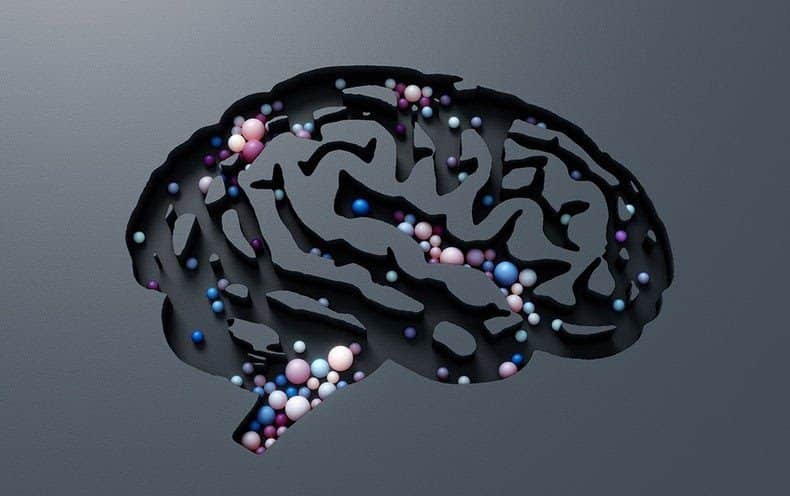Human memory is an enigma. New research reveals that our learning system may have hidden mechanisms that go beyond simple information loss. In essence, information seemingly lost in our memories may still reside in our brains, perfectly intact, even if we can't access them.
Forgetting: a protective process or a defect?
Forgetfulness is a reality that we all live with. However, the idea that a slip or gap in our memories is inherently bad is being challenged by new evidence. Forget, it is confirmed, can sometimes help people deal with information psychologically, and get rid of useless knowledge. Did I say “get rid of useless knowledge”? Or isn't it rather a question of "deactivating" them?
Tomas Ryan, a neuroscientist at Trinity College Dublin, together with his colleagues examined the fundamental biology underlying a form of forgetfulness that we experience every day. Their results (I link them to you here) suggest that when we can't remember an old phone number or a high school teacher's name, those details aren't necessarily lost. As Ryan explained, forgetting may be an active process that the brain uses to support learning. He also discussed how dementia may reflect disordered forgetfulness rather than memories that are forever lost.
Putting memories aside is a stage of learning
Common perception sees forgetfulness as a brain deficit. Loss of memories due to dementia or brain trauma can be devastating. Beyond that, “daily forgetfulness” is something we all experience. We are constantly bombarded with information and are expected to retain a lot of it to “function” in modern society.
Some of this information we choose to store is arbitrary, such as memorizing facts that we will never use again for school exams. Others are essential, such as the knowledge needed to become a practicing doctor. And then, there are those that we suddenly forget: a name, an address, a lived experience.

The different forms of forgetfulness
Forgetfulness can take many forms. Amnesia, for example, is a form of forgetting that most people consider neither adaptive nor beneficial. Some forms of amnesia make it difficult to form new memories, while others make it difficult to recall memories formed before an accident. But everyday forgetting is different. If you forget where you parked your car, no one calls it amnesia.
Natural forgetfulness, on the other hand, is believed to occur for many reasons. Memories can simply fade over time. But forgetting can also be caused by "retroactive interference", which occurs when two very similar events are experienced in close time. The memory of one interferes with the other.
Studies on rodents
In their new study, Ryan and his team examined everyday forgetting in rodents. They trained them to associate an object with a room or environment. The next day or a week later, they asked the mice to inspect two objects: one that had been associated with that context and another that had not.
If the mice had forgotten the association, both objects seemed new and were explored in the same way as the others.
Archiving (and unarchiving) memories: future prospects
The brain is different before and after learning information. This difference is represented by physical or chemical changes in the structure of the brain. We call an engram a brain change that occurs during learning, and which is necessary for memory.
Ryan and his team's research has opened new doors on understanding memory. The discovery that seemingly forgotten memories may still exist in the brain could revolutionize the way we view forgetfulness and memory loss. It could also offer new perspectives on treating conditions such as dementia and Alzheimer's.
In a remote future (how remote?), perhaps accomplices optogenetics or le brain-computer interfaces, it might even allow us to recover all our memories as if they were films on demand. It must be said: we will remember this research.


